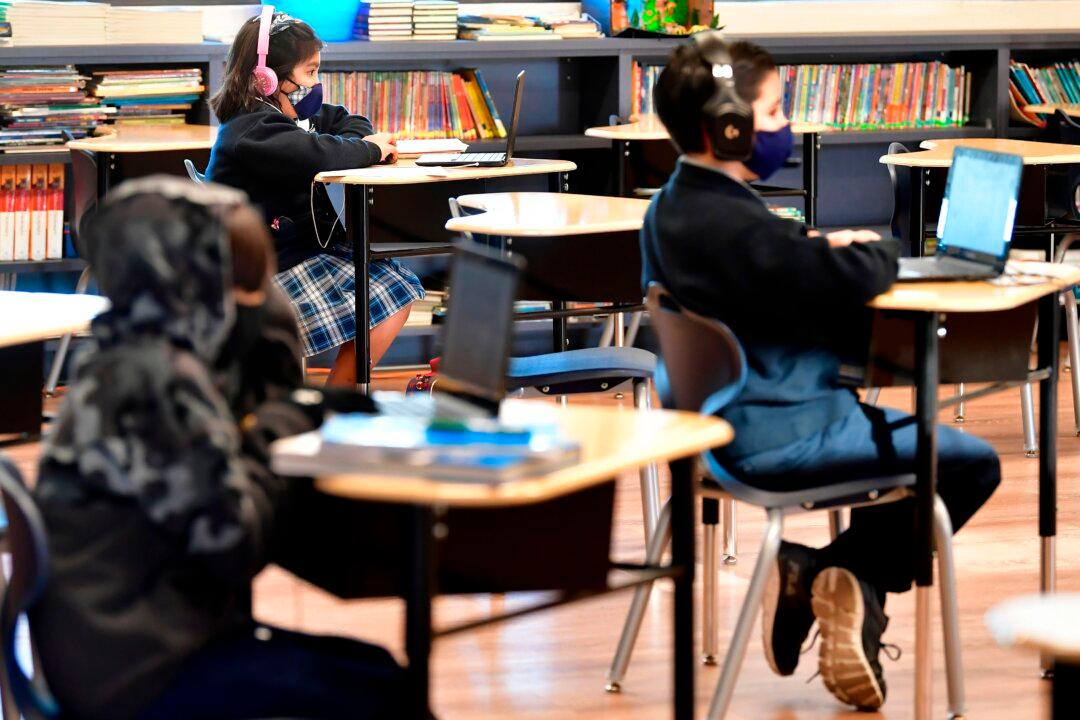Commentary
“‘Mississippi miracle’: Kids’ reading scores have soared in Gulf South states,” AP just reported. It noted educators in other states with low test scores no longer can say, “Thank God for Mississippi.” That’s a cliché also in California, where journalists are wont to say of low test scores, “California is nearly as bad as Mississippi.” Not anymore.





